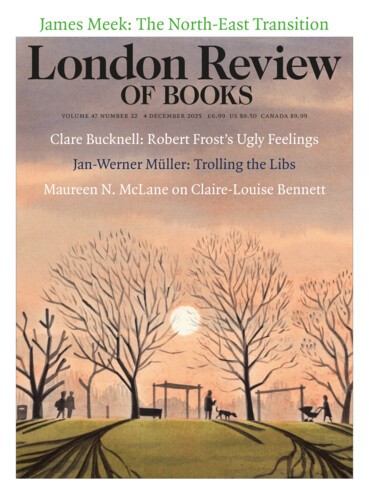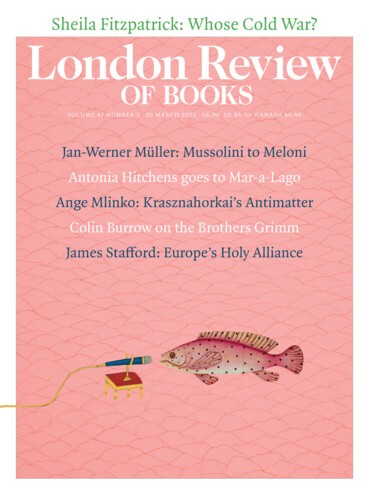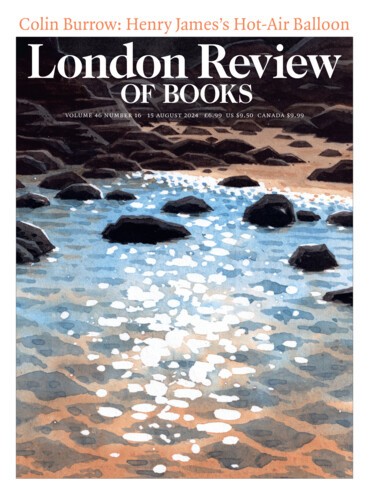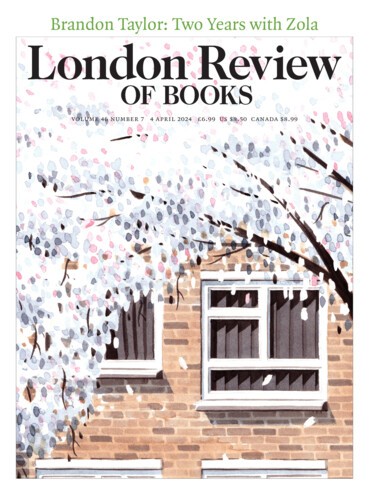Only foam comes out: Vallejo in English
Michael Hofmann, 4 December 2025
César Vallejo is Yeats’s poet with the sword upstairs. Everything about him seems to burn with intensity. He burned through zarzuela Spanish, making it into a language of monosyllables, blurts, inventions, contradictions, arcane legal and medical terms. (The Mexican scholar Ilan Stavans says he made it more American. Maybe, and not because he was trying to be John Berryman avant...





